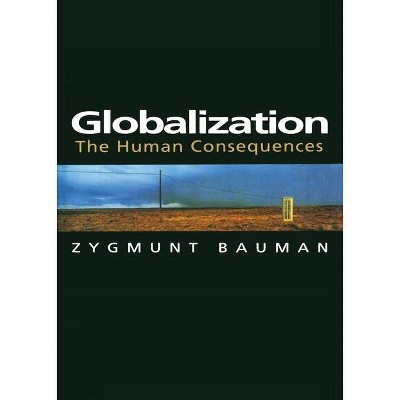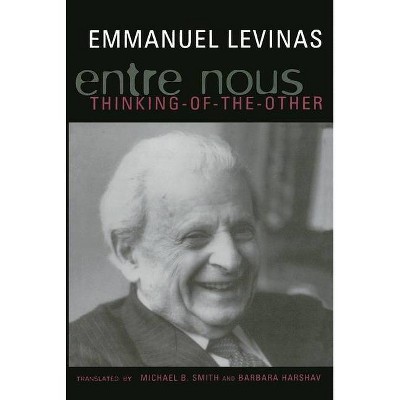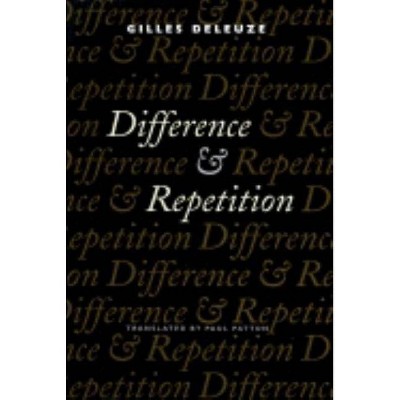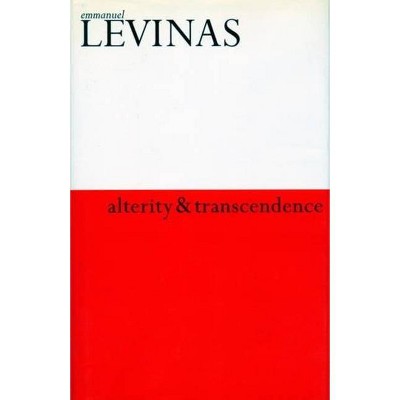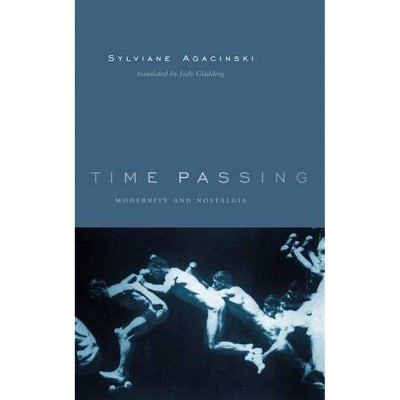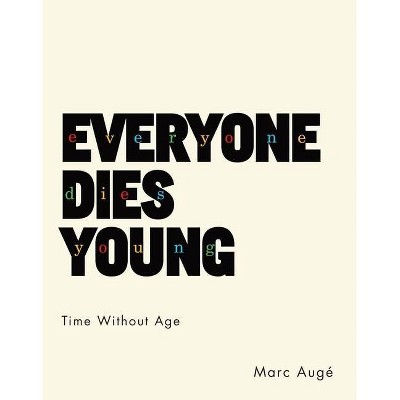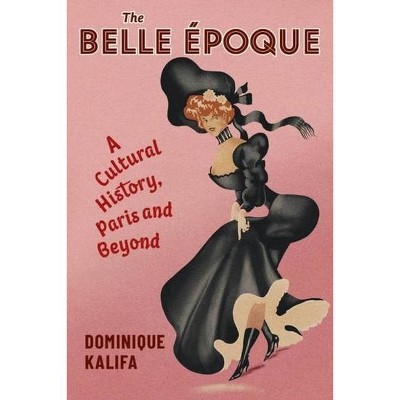Regimes of Historicity - (European Perspectives: A Social Thought and Cultural Criticism) by François Hartog (Paperback)
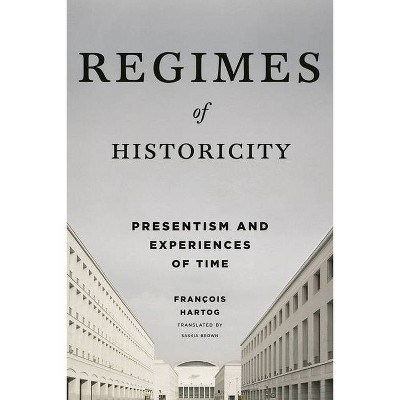
Similar Products
Products of same category from the store
AllProduct info
<p/><br></br><p><b> About the Book </b></p></br></br>A classical historian confronts our crises of time, radically calling into question our relations to the past, present, and future.<p/><br></br><p><b> Book Synopsis </b></p></br></br>François Hartog explores crucial moments of change in society's "regimes of historicity," or its ways of relating to the past, present, and future. Inspired by Hannah Arendt, Reinhart Koselleck, and Paul Ricoeur, Hartog analyzes a broad range of texts, positioning <i>The Odyssey</i> as a work on the threshold of historical consciousness and contrasting it with an investigation of the anthropologist Marshall Sahlins's concept of "heroic history." He tracks changing perspectives on time in Chateaubriand's <i>Historical Essay</i> and <i>Travels in America</i> and sets them alongside other writings from the French Revolution. He revisits the insights of the French Annales School and situates Pierre Nora's <i>Realms of Memory</i> within a history of heritage and today's presentism, from which he addresses Jonas's notion of our responsibility for the future. <p/>Our presentist present is by no means uniform or clear-cut, and it is experienced very differently depending on the position we occupy in society. We are caught up in global movement and accelerated flows, or else condemned to the life of casual workers, living from hand to mouth in a stagnant present, with no recognized past, and no real future either (since the temporality of plans and projects is inaccessible). The present is therefore experienced as emancipation or enclosure, and the perspective of the future is no longer reassuring, since it is perceived not as a promise, but as a threat. Hartog's resonant readings show us how the motor of history(-writing) has stalled and help us understand the contradictory qualities of our contemporary presentist relation to time.<p/><br></br><p><b> Review Quotes </b></p></br></br><br><i>Regimes of Historicity </i>should be required reading for anyone interested in the past, present, and future writing of history.--Time's Books<br><br>François Hartog is perhaps the most important historian of historiography today.... <i>Regimes of Historicity</i> should be required reading for anyone interested in the past, present, and future writing of history.--American Historical Review<br><br>François Hartog's pioneering work on the concept of 'regimes of historicity' makes this book a must for scholars in both the social sciences and the humanities. A distinguished classical historian, Hartog uses specific, well-chosen examples to explain how understanding regimes of historicity will allow us to better understand the conditions of possibility for producing histories and, more generally, our own relationship to time.--Robert Morrissey, University of Chicago<br><br>In a book that should be required reading for anyone interested in history's role in contemporary society, François Hartog shows how unexamined assumptions about the past shape our understandings of ourselves and our place in history.--Lynn Hunt, University of California, Los Angeles<br><br>Since his classic <i>Mirror of Herodotus</i>, François Hartog has emerged as the most significant theorist of history and chronicler of our changing relationship to our own past that France has produced. In this series of meditative chapters, he takes us from the Greeks to the present once more, emphasizing how the theory of history must move from diagnosing the modern gap between expectation and experience to confronting the exigency of historical crisis today. Hartog's reflections are valuable for all humanists.--Samuel Moyn, Columbia University<br><p/><br></br><p><b> About the Author </b></p></br></br>François Hartog is a professor at the École des hautes etudes en sciences sociales and holds the Chair of Ancient and Modern Historiography. He is the author of many works, including <i>The Mirror of Herodotus: The Representation of the Other in the Writing of History</i> and <i>Croire en l'histoire</i>. <p/>Saskia Brown is an experienced translator of French works in intellectual history, philosophy, legal theory, and art.
Price History
Price Archive shows prices from various stores, lets you see history and find the cheapest. There is no actual sale on the website. For all support, inquiry and suggestion messagescommunication@pricearchive.us
